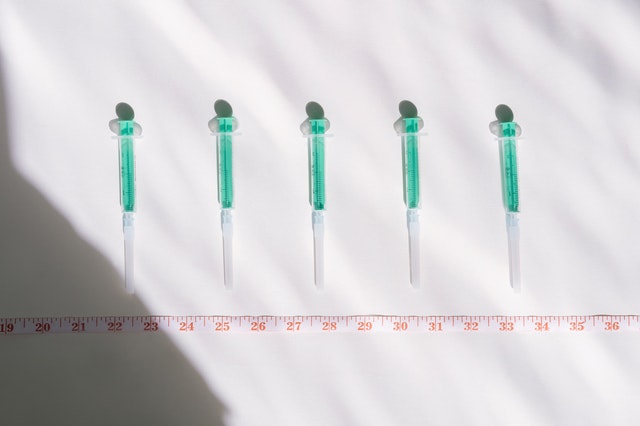
In the biotechnology field, pH has to be closely monitored during the production of any immunoassay solutions.
pH is a crucial water quality parameter that is measured in just about every water quality application. It also plays a role in the taste and preservation of food or other products that are stored in water. In environmental sampling and monitoring, low or high pH values can be indicative of pollution. With wastewater treatment, pH is regulated as a part of discharge permitting, and many treatment processes are pH-dependent. In the biotechnology field, pH has to be closely monitored during the production of any immunoassay solutions. These are just a couple of applications in which pH measurement is valuable. You need to calibrate your pH meters for good data, though, and we will describe how to do so effectively. Read on for some calibration tips for your pH meters!
Check the Age of Your Probes
Probes, or electrodes, for your pH meters typically last around 12 to 18 months. This holds very true whether or not the probe is being used. The “lot code” will determine the age of your primary pH probe. A lot of code is two numbers followed by a letter. The numbers then indicate the year of the manufacturer, and the letter suggests a month.
Use Fresh, Unused, and Unexpired pH Buffers for Calibration
You do not want to reuse buffers for calibration. Once buffers are used for calibration, they’re assumed contaminated and shouldn’t be touched again. Reusing buffers can lead to sluggish responding pH probe performance or the inability to calibrate it all correctly. This reuse could also make it hard to determine whether the probe or the buffers are causing the pH calibration to fail. A solid way to use reused buffers is for probe rinsing and that alone. Expired buffer solutions shouldn’t be used, and buffer bottles shouldn’t be left open. Carbon dioxide in the air can also change the pH of basic buffer solutions, so remember that basic buffer bottles should only be opened briefly. Use the opened containers of the buffer as soon as you can.
Confirm the pH Probe Hasn’t Dried Out
Always remember to store your pH probe in a moist area or submerged in buffer 4 solution. If you find out your pH probe has dried out in your lab, it might need to be replaced. Storing it in pH 4 buffer helps prevent buildup or growth in the storage environment that could help coat the sensor and affect the readings. No pH electrode should be dried out, so keep this in mind when calibrating and storing your pH meters.
FOR ALL LAB EQUIPMENT AND LAB NEEDS, CONTACT LAB PEOPLE TODAY
The Lab People Inc. is a trusted provider of laboratory equipment, services, supplies, and rental equipment for you and your laboratory. As an ISO 17025 accredited service organization, we stand behind our services with 100% satisfaction guaranteed for all of our customers. We are here to provide you with the best lab equipment service, equipment, and supplies.
For more information about how we can assist you, visit our website, email us, or give us a call at 1-800-296-2001!
Do not forget to follow us on Facebook, Twitter, and Linkedin!
